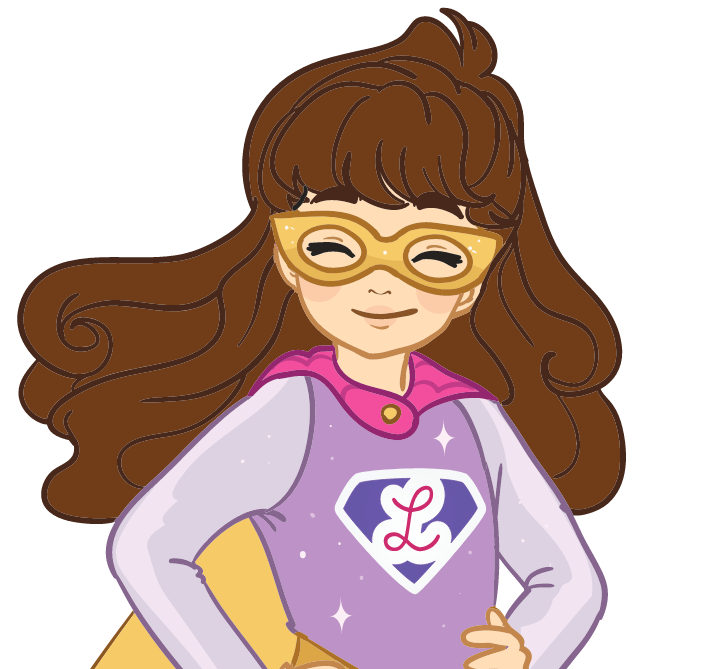In the landscape of today’s world, we have the advantage of realizing just how important it is for kids to play with toys with disabilities. This is true for multiple reasons and is equally true whether the child has a disability or doesn’t.
If your child does not have a disability but encounters a doll with a disability, it is the perfect opportunity to start a conversation with them about the uniqueness of other people. This allows you to explain not only about that particular disability but about people’s differences in general and how critical it is that we are inclusive of them no matter what challenges they may face.
Dolls are the perfect jumping-off point for discussions of this nature because they are mini-representations of real humans. When a child is playing with a doll with a disability, the disability doesn’t have to be the focus of their play, but rather becomes just another variation of normal. And when we normalize disability during play, we normalize it in real life, too.
It is far more likely that a child that has toys with disabilities will learn to be more accepting, more inclusive, and kinder to other children that also have disabilities. This is because much of the mystery gets stripped away. Their questions get answered ahead of time and they begin to view all people in an equal light.
When a child ONLY has dolls that are able-bodied, they miss out on learning about the diversity that makes up the human family. The truth is that many disabilities aren’t noticeable externally, so whether their toys represent seen or unseen disabilities, the important part is talking to your kids about this topic and giving them toys that fall into both categories.
If your child does have a disability, then the importance of playing with toys with disabilities is even more obvious! We want our children to know that there are dolls that are just like them. This creates a warmth and connection to their toys that will not only delight their heart but make them feel understood.
A child with a disability who is given a doll with that same disability will feel less alone and more empowered. It gives them an opportunity to play out their own story with confidence, so never underestimate what a treasure it is to play with a doll like themself. In fact, don’t be surprised if it becomes their very favorite toy of all!
Also important is to let a child with a disability play with toys with disabilities that are different from their own. This allows them to see the world from another angle than their own. A differently-abled child is already more prone to show acceptance to others who are not like them but may especially appreciate the diversity of having toys that represent a broad spectrum of disability.
If your child has a visible disability, make sure to introduce them to dolls with disabilities that are not so obvious. And if your child’s challenges are not as visible to the outside world, it is a good idea to let them play with toys that do have physical disabilities that affect them in a way that others are very aware of. This allows children with disabilities to see and understand that challenges can come in many forms and can appear very different.
If your child has a friend or family member with a disability, providing dolls with disabilities into the mix will give them an opportunity to acknowledge the special relationship they already have experienced. This is great for showing inclusion and getting them comfortable sharing their unique connection to their other friends or their loved one that has a disability. It can also help them to show acceptance and affirmation by giving them a way to tell their story.
If you have a classroom or daycare setting with disabilities represented or not, you should consider the importance of providing an array of toys with disabilities for all the children that play or learn in this environment. Some children will have no other access to dolls that represent multi-abled people, so this is a really great way to help them form relationships with other children who are different than them.
According to BOSS magazine: “Research conducted by social psychologist of Goldsmith University of London, Sian Jones, shows that all kids can benefit from playing with toys that represent disabilities as it heightens their level of empathy. Psychologists believe that children should play with toys that don’t encourage stereotypes about what defines beauty.”
No matter what your child’s particular circumstances are, letting your child play with dolls that have disabilities is going to broaden their worldview and make them more compassionate to others (and even themselves!).
We, as parents, grandparents, teachers, and caretakers, have the special privilege of taking away the big question mark of “Why is that person different?” by providing the answer with dolls that clearly help children to see that though we are all different from one another, we are also very much the same! In doing this, we help kids celebrate humanity in all its forms and create an atmosphere of acceptance and love!
![]() Fast Shipping
Fast Shipping![]() Subscribe to our Newsletter
Subscribe to our Newsletter![]() 🌟 New Global Competition 🌟
🌟 New Global Competition 🌟












